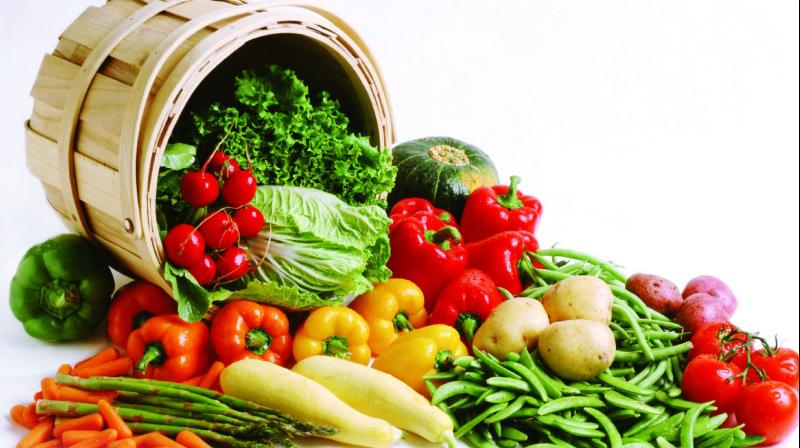Additives make your food highly unsafe
Herbal products, dietary supplements are risky.;

Hyderabad: The scientific panel of the Food Safety and Standards Authority of India (FSSAI) has recommended that fluoride, potato protein, willow bark extract, lemon balm and pyrroloquinoline quinone (PQQ) must not be used in any food product as they are unsafe for human consumption.
The FSSAI has directed that products containing fluoride and potato protein isolate must be withdrawn immediately and new products must not have these ingredients. Willow bark extract, lemon balm, and PQQ are used in herbal products and dietary supplements and they too are now banned as they are found to have the effect of drugs.
For dietary supplements, functional foods and nutraceuticals these additives are to be used based on the recommended dietary intake guidelines of the FSSAI.
Fluoride
Fluoride is found in foods that contain water. Untreated water has a high fluoride content which is residue from agriculture and industrial waste. The food processing industries that use this water have been told to test the level of fluoride in the water before use. Fluoride is found in liquids more than solids. It is most commonly found in a) Fruit juices; the highest content is found in apple and grape juice b) Sauces like tomato sauce c) Salads that are eaten raw and not properly washed d) Soda e) Toothpaste, mouthwash and dietary supplements.
Excess fluoride in the body causes thyroid, arthritis, dementia, bone fractures and dental fluorosis.
Potato protein
Potato protein isolate is a protein which is extracted from the potato. It has replaced animal protein in the food processing industry to suit vegetarian tastes. It gives a feeling of fullness. Potato proteins are used in a) Baked items like crisp bread, cookies, wafers, crackers, biscuits b) Pizza base, sweet bread, muffins.
High levels of this protein cause kidney problems.
Willow bark
Willow bark is a herb that has been in use since the 5th century. It is used in herbal products, tea and dietary supplements.
The FSSAI says willow bark is nothing but aspirin. Its excessive use in tea powder and herbal products can cause thinning of the blood and in some cases sudden death.
PQQ
Pyrroloquinoline quinine (PQQ) is a compound. It is found naturally in soil and also foods such as kiwi fruit and in human breast milk. It is also added to skimmed milk and dietary supplements.PQQ's role as a vitamin has been controversial since its introduction in 2005. PQQ can be toxic and can damage the kidney and liver. There is a lot of debate about dietary supplements that have PQQ. FSSAI states that it must not be used as its safety parameters have not been identified.
Willow bark
Willow bark is a herb that has been in use since the 5th century. It is used in herbal products, tea and dietary supplements.
The FSSAI says willow bark is nothing but aspirin. Its excessive use in tea powder and herbal products can cause thinning of the blood and in some cases sudden death.
Lemon balm
Lemon balm is a herb of the mint family and has been used for centuries. It is used in herbal teas, ice-creams, ready-to-eat fish foods, health foods and supplements, and mixtures in wines.
There are mixed results for the use of this herb which has good and bad effects. The actual safety dose is difficult to decide as scientists find that it is difficult to quantify. It is found to cause drowsiness, excessive sleep, cognitive decline and also withdrawal symptoms.

